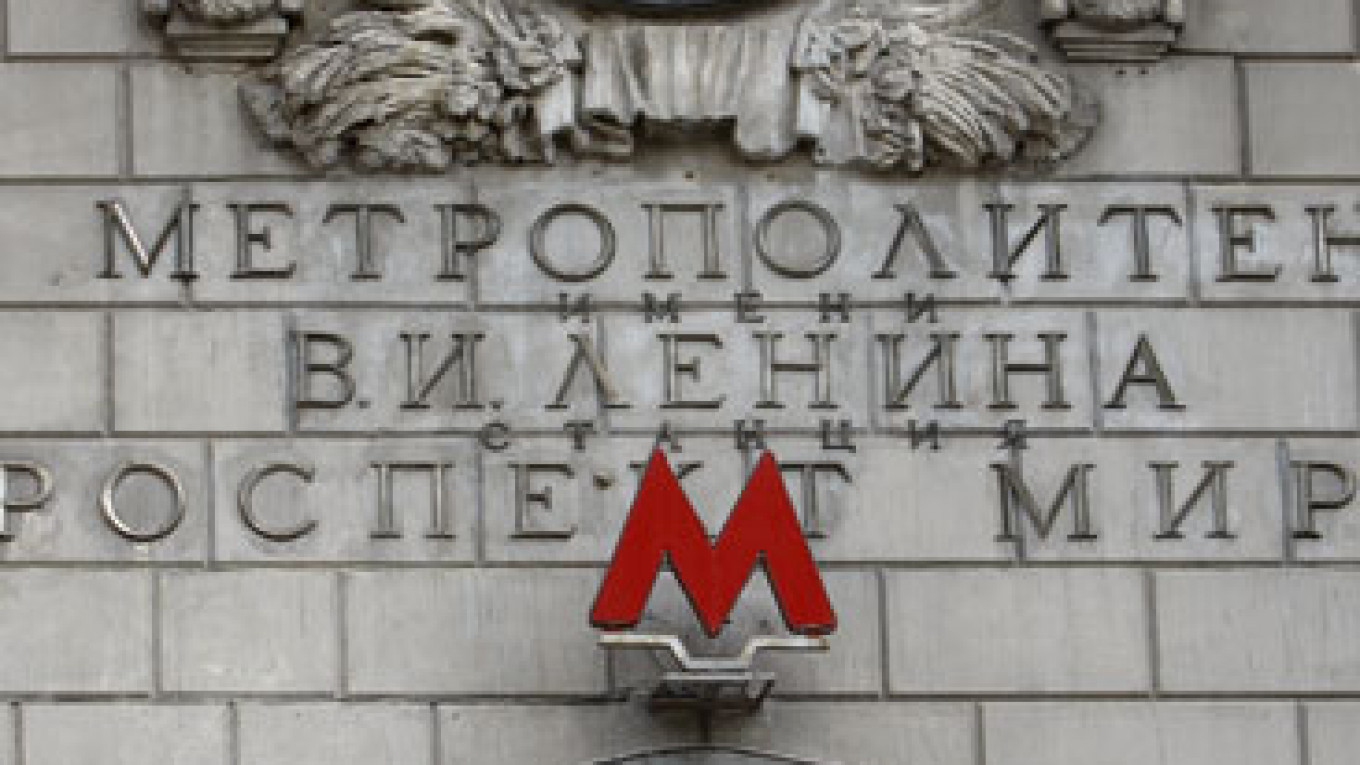When President Dmitry Medvedev called for a reduction in the number of time zones in Russia during his state-of-the-nation address a year ago, I took it as a resounding bit of nonsense — as a clumsy attempt by his administration to offer at least some noticeable reform given that his ability to effect any substantial changes to the economy or political system was extremely limited. But when state functionaries in dozens of regions subsequently began bringing their work schedules into closer alignment with Moscow time, it proved that everything in Russia — even stupidity — can reach absurd proportions worthy of 19th-century satirist Mikhail Saltykov-Shchedrin. This arbitrary whim from the country’s highest leader proved how the political system in Russia is constructed.
According to its territory, China should have five time zones, but Beijing introduced one single time zone for the entire country. For Moscow to copy China’s economic success would be all but impossible, but to superficially mimic China’s success by unifying Russia’s time zones is far simpler. This is one of the Kremlin’s guiding principles — to implement the simplest and most superficial changes instead of the changes that are most needed but most difficult to achieve.
Of course, the idea is not to merge neighboring times zones into a single zone, but to decrease the 10-hour spread between Kaliningrad, currently one hour behind Moscow, and Kamchatka, nine hours ahead of the capital. In that scenario, Moscow time would be just one of those zones. But if the authorities are so concerned that a large percentage of the population is out of sync with the Kremlin, then not only should the Far East recalibrate its time toward Moscow, but Moscow should move closer to eastern time as well. But that would never happen because of the Moscow-centric thinking that dominates all Kremlin policies. It would never occur to Kremlin leaders that they should make adjustments for others.
A good example of this was Prime Minister Vladimir Putin’s visit to Kamchatka in August. It was announced that he would hold a meeting with fishing industry officials, and everyone assembled at 4 p.m. When Putin arrived in the city, he immediately went fishing while the local officials patiently waited. The meeting finally convened after 2 a.m., which was not late at all for Putin, considering that it was really only 6 p.m. Moscow time.
Living according to a rhythm decreed by Moscow, and not by the biological clock, is not the harmless experiment that the Kremlin apparently believes it is. It is a serious change to people’s lives. After all, Russia is a northern country, and the winter days are already short. People will be counting how many hours of daylight the authorities have stolen from them. Electricity consumption will increase, nursery schools will not take their children out for afternoon walks, more traffic accidents will occur, and the elderly will find it difficult to ignore their biological clocks.
A protest rally of 3,000 people was held under pouring rain in Kamchatka last weekend. Demonstrators also gathered in Samara and other regions. It can only be hoped that in this way it will be possible to stop the Kremlin’s administrative cretinism.
Nikolai Petrov is a scholar in residence at the Carnegie Moscow Center.
A Message from The Moscow Times:
Dear readers,
We are facing unprecedented challenges. Russia's Prosecutor General's Office has designated The Moscow Times as an "undesirable" organization, criminalizing our work and putting our staff at risk of prosecution. This follows our earlier unjust labeling as a "foreign agent."
These actions are direct attempts to silence independent journalism in Russia. The authorities claim our work "discredits the decisions of the Russian leadership." We see things differently: we strive to provide accurate, unbiased reporting on Russia.
We, the journalists of The Moscow Times, refuse to be silenced. But to continue our work, we need your help.
Your support, no matter how small, makes a world of difference. If you can, please support us monthly starting from just $2. It's quick to set up, and every contribution makes a significant impact.
By supporting The Moscow Times, you're defending open, independent journalism in the face of repression. Thank you for standing with us.
Remind me later.







